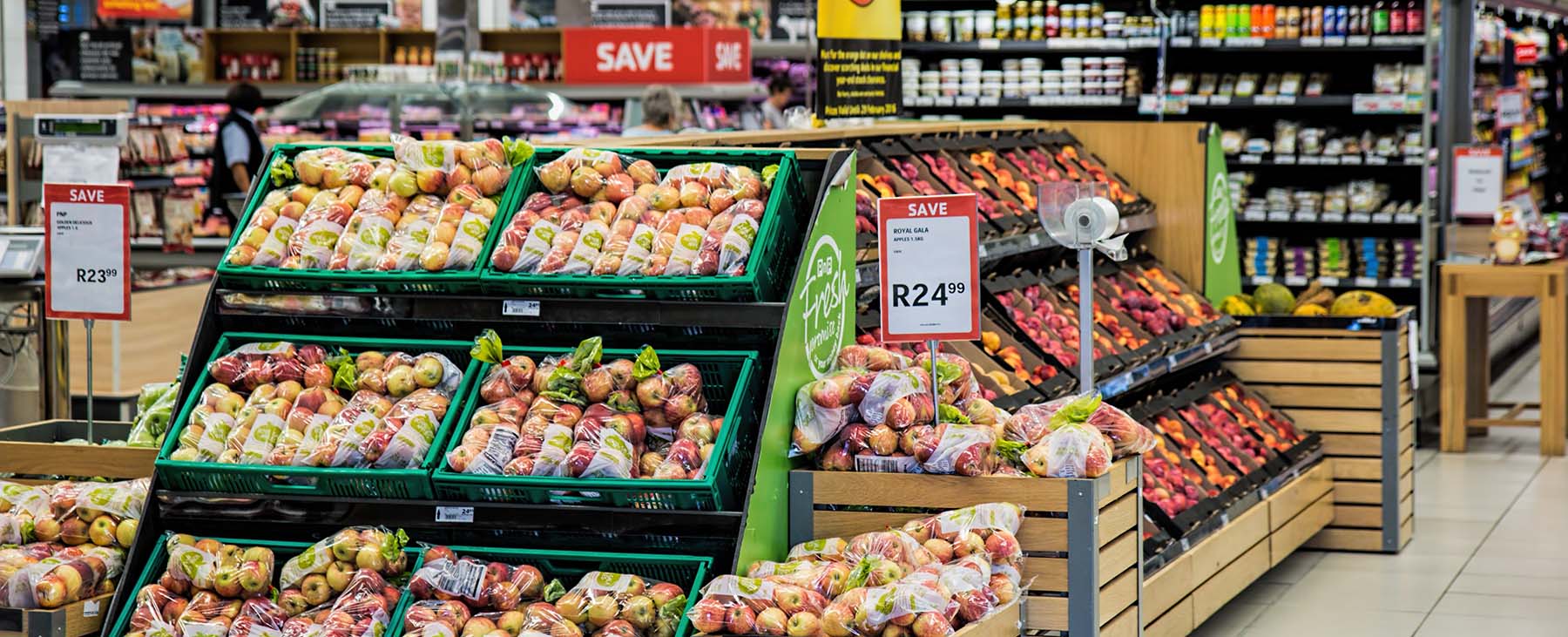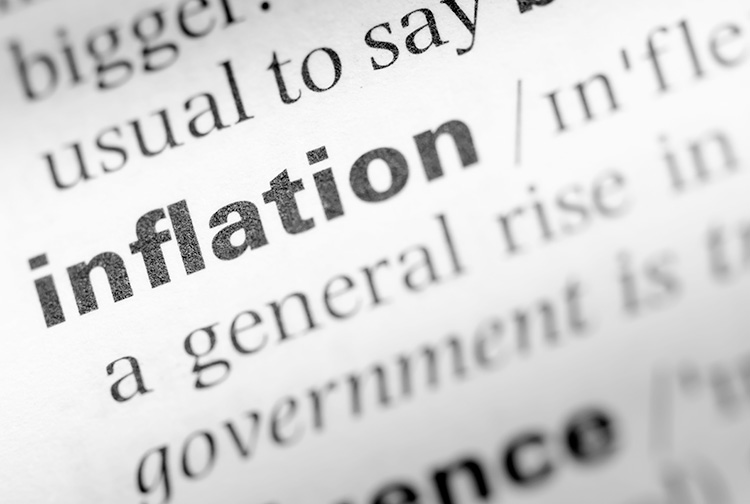

VAT reduction on foodstuffs under fire
The VAT reduction on basic foodstuffs is controversial because of the risk that it will have a very limited impact on consumers’ pockets and end up widening the commercial margins of distribution chains. Given the precarious situation of many families, some experts believe it would be preferable to extend direct aid.
Faced with the rising cost of the shopping basket, one of the Spanish government’s latest decisions in 2022 was to reduce VAT on a large proportion of staple foods over the next few months.
The measure provides for the abolition of this tax on a series of basic products to which the “super-reduced” rate of 4% was applied: bread, bread flour, milk, cheese and eggs, as well as fruit, vegetables, pulses, tubers and cereals. VAT on pasta and olive and seed oils is also reduced from 10% to 5%.
These tax cuts are expected to remain in force until 30 June, although if the year-on-year rate of core inflation (excluding energy and unprocessed food) in March is below 5.5%, they will end on 1 May.
A controversial measure
Theoretically the initiative should serve to alleviate the economy of many families, especially those on low incomes, but there are critical voices that question both its scope and its effectiveness.
The Organisation of Consumers and Users (OCU) considers this reduction to be insufficient. According to this organisation, it should have included “other foods that are also necessary, such as fresh meat or fish”, which will maintain the 10% VAT rate. In addition, the OCU calls for this measure to be applied above all to foods with “a healthier nutritional profile”, such as wholemeal bread.
For its part, the consumer organisation Facua reported to the National Markets and Competition Commission (CNMC) that seven distribution chains had not correctly passed on the VAT reduction in the first week of application. The percentage of irregularities was particularly high in Dia (17%), Carrefour (10%) and Eroski (9%).
More profits for retail chains?
Although the government’s decree-law obliges the tax reduction to be passed on to consumers, one of the great fears is that the distribution chains will take advantage of the VAT reduction to increase their profit margins.
It should be borne in mind that the year-on-year CPI for food stood at 15.3% in November, well above the general CPI. Moreover, December is usually a month when food prices tend to rebound. Therefore, the natural drop in prices that many foodstuffs experience every year in January could be used to justify the application of the VAT reduction.
Faced with this possibility, both Facua and the OCU have called for more controls to avoid non-compliance. In this regard, Nadia Calviño, First Vice-President and Minister for Economic Affairs and Digital Transformation, has warned that the CNMC will ensure the application of the reduction. However, to date it has not been specified how this control will be carried out, nor the possible sanctions.
Little proven effectiveness
The tax technicians’ union, Gestha, considers this VAT rebate to be “ineffective” in the fight against inflation. According to its calculations, the impact on the price of the shopping basket will be hardly noticeable: the reduction of VAT from 4 % to 0 % will save on average 3.85 euros for every 100 euros of purchase, while the reduction from 10 % to 5 % on oil will mean a saving of 1.36 euros for every 25 euros of purchase of this product.
Members of the Catalan Association of Economists also see these types of measures as ineffective in combating inflation, as shown in the Association’s autumn Economic Situation survey. Only 28% of its members rate tax measures aimed at companies and families, such as the reduction in VAT on foodstuffs, positively. Temporary taxes on energy companies (60%), large fortunes (59%) and banks (54%) are much better viewed.
On the other hand, some experts point out that it would have been preferable to use the 661 million euros that the VAT reduction on food will cost to extend the 200 euro cheque that the Spanish government will grant to low-income families. Around eight million people with incomes of up to 27,000 euros will be able to benefit from this direct aid to compensate for the increase in prices.
11Onze is the community fintech of Catalonia. Open an account by downloading the super app El Canut for Android or iOS and join the revolution!
Leave a Reply
You must be logged in to post a comment.





Gràcies
😉
Malauradament crec q això no repercutirà a les butxaques dels consumidors, les grans distribuïdores faran negoci amb aquesta supressió i reducció d’aquest IVA.
Totalment d’acord amb el q es comenta q tots aquests milions q l’Estat deixarà d’ingressar, s’hauria de repercutir directament amb ajuts a les persones amb situació més vulnerable.
Moltes gràcies pel teu comentari, Manel!!!
Totalment en desacord de treure aquest IVA, perqué els empresaris mantindran el preu i se’l quedaran ells i l’estat es quedarà sense ingressos, si l’estat vol ajudar vertaderament que amplie les ajudes directes. Només faltava això per a acabar amb el sector públic,eliminar els ingressos dels impostos🤦♂️
Moltes gràcies pel teu comentari, Jordi!!!
Pegats electoralistes mentre els rics es fan més rics i la població es va enporiint cada cop més
Ja és així, ja… Moltes gràcies pel teu comentari, Alícia!!!